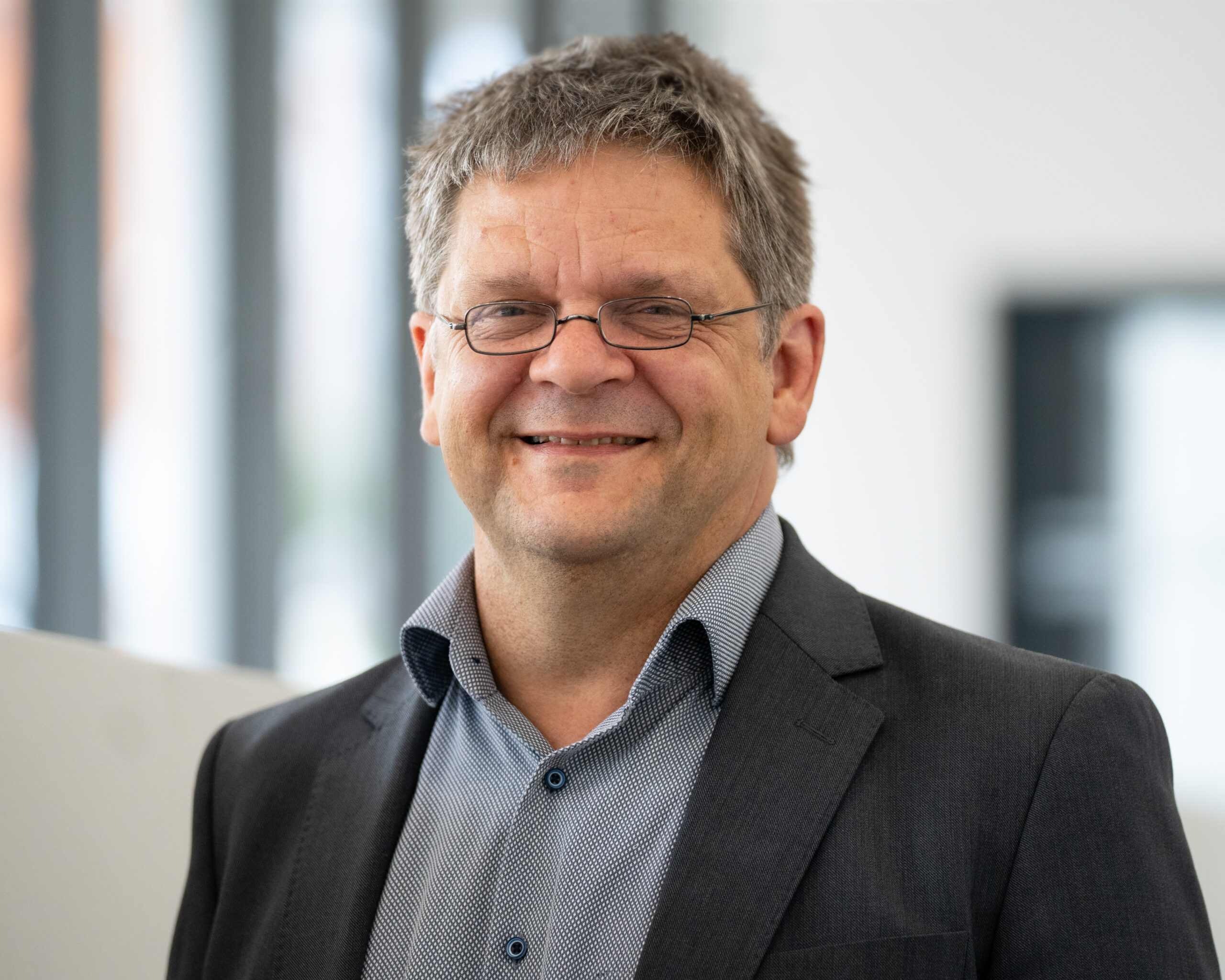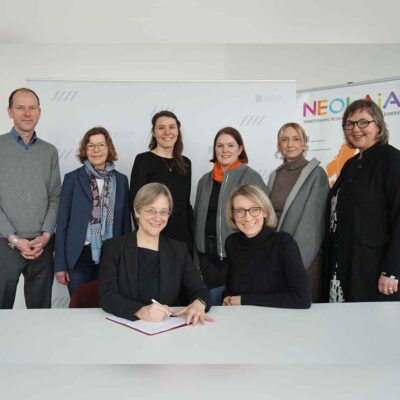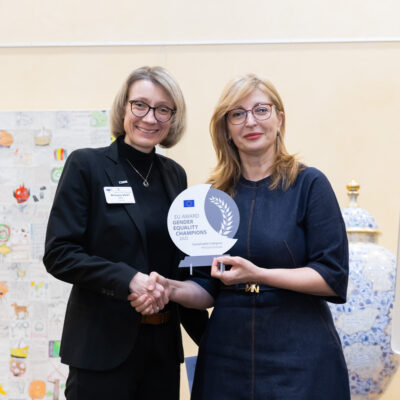Although young people in Germany are concerned about the possibility of war or an economic crisis, they are predominantly optimistic about the future: they are confident that they will achieve their dream job; they are dissatisfied with the political parties, but have stable trust in the state and democracy. This is one of the findings of the Shell Youth Study 2024, which was presented today in Berlin. In the words of study director Professor Mathias Albert from Bielefeld University: “Young people are very worried, but pragmatic and optimistic about the future.”
Against the background of recent election results in Brandenburg, Thuringia and Saxony, the study is particularly topical because, among other things, it analyses political positions and underlying fundamental convictions of young people. Professor Albert: “We see a considerable proportion of disenchanted young people, around 12 Percent in total. There is also a considerable proportion of critical and dissatisfied young people.” These are easily reached by populism, are critical of the state and society and see themselves as the disadvantaged losers of modernisation. They position themselves in opposition to everything that corresponds to pluralised lifestyles. Comparatively more young people with a rather low level of education and from the eastern Länder, as well as more young men than women belong to this group. Professor Albert: “Nevertheless, the disgruntled and dissatisfied young people by no means characterise the entire generation.”

© Shell Jugendstudie
Sensitive topics: Russia-Ukraine war and Germany’s responsibility for Israel
The Shell Youth Study also tackles other sensitive political topics, from the Russian war of aggression against Ukraine to young people’s views on the Israel-Gaza conflict. “The judgement of young people on this matter is quite clear,” says Prof. Albert: a vast majority of two thirds of young people are in favour of NATO and the same number condemn the Russian war of aggression. Less clearly, but still with a majority, young people are of the opinion that Germany should support Ukraine militarily: Here, around half are in favour and a quarter against. Young people in the eastern Länder are less in favour than those in the west.
Just under a third of young people think it is good that Germany has clearly sided with Israel in the Israel/Gaza conflict. However, just as many take an opposing view on this topic. Around a quarter are undecided. This reflects how young people respond to the question of whether Germany has a special obligation towards Israel: one third say yes, one third no, one quarter is undecided on the issue. Socio-demographic factors play a role here: young people with a lower educational background and young people with lived experience of migrating from the Arab world or Turkey or with a parent with that experience are less likely to see Germany as having a special responsibility.
What do young people fear or worry about most?
Global politics has also left its mark on young people in Germany: more than 80% are afraid of a war in Europe. An equally large proportion are concerned about the economic situation and a possible increase in poverty. At the same time, however, fewer and fewer young people are worried about unemployment or not finding an apprenticeship. Only around a third mention these concerns. Prof Albert: “This is a historic low in our time series.” The issues of climate change and pollution continue to worry a majority of two thirds of young people – less than in the 18th Shell Youth Study published in 2019. Overall, even 35 years after the fall of the Berlin Wall, young people from the new federal states still feel more vulnerable and worse off than their peers in the West.
Positive identification with the state and society outweighs serious criticism
The vast majority of young people have a positive attitude towards the state and society and see great opportunities for themselves in the future. They believe that the promise of performance and fairness, which is central to the German welfare state, as well as trust in progress, are largely intact. Around three quarters of young people believe that Germany offers them every opportunity to realise their goals in life. They trust that everyone acting together as a society can create a future worth living in. Above all, trust in the central institutions of the Federal Republic – from the Federal Constitutional Court and the German Armed Forces to the police and the European Union – is intact and has even grown continuously over the last 20 years.
Tolerance remains the hallmark of young people
Despite all worries and crises, boys and girls are generally optimistic both socially and personally, as co-author Professor Gudrun Quenzel explains: “Young people have confidence in the future and are positive about the opportunities offered to them by the state and society.” Quenzel continues: “The connection to success in the education system is obvious. From generation to generation, pupils become more confident of achieving the qualifications they aspire to.”
Another result: young people in Germany are still overwhelmingly tolerant of other lifestyles and social groups. The surveyed tolerance towards various social groups and minorities shows tolerance rates of 80% to 95%. Rejection rates are below 20%, for example towards Syrian (18%), Turkish (14%) or homosexual (14%) neighbours.
German Federal Minister for Family Affairs Lisa Paus: “Knowledge of the perspectives and needs of young people is key to good child and youth policy. The 19th Shell Youth Study shows that although young people today are growing up in times of crisis and war, the majority remain optimistic. Young people are interested in politics and want to get involved. This is where, for instance, the ‘Bündnis für die junge Generation’ (Alliance for the Young Generation), which I initiated, comes in. Taking young people seriously, listening to them and empowering them, we ensure that we do not lose sight of those children and young people who are less optimistic about the future. Our aim is to reliably align political action with the interests of future generations. Children and young people must not get tired to engage for our society.”




